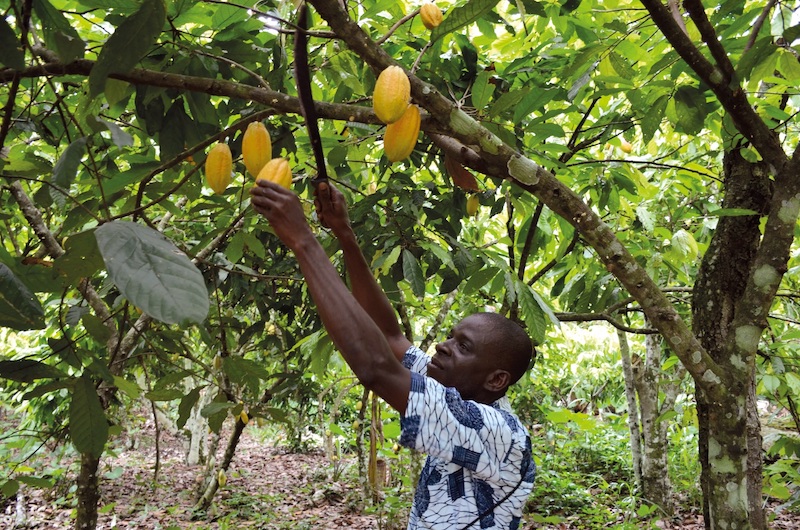Ghana’s Cocobod refers suspected child labour cases in cocoa sector to national police

Ghana’s cocoa board, Cocobod, has reportedly referred potential child labour cases to police services within the country, which is believed to have led to a number of arrests, writes Neill Barston.
The organisation confirmed that suspects were arrested in the Ashanti and North Regions of the country – which remains one of the key sector suppliers for the chocolate confectionery industry.
As Cocobod noted, it held a press briefing on the issue at its Cocoa House in Accra, at which its senior public affairs manager Fiifi Boafo stressed that the organisation, along with government, took the issue particularly seriously, confirming that it had come to light through a present regional news documentary, which is reportedly being investigated.
Confectionery Production has consistently covered the issue of child labour within core West African locations including Ghana and Ivory Coast, with industry research in the past year uncovering the fact that 1.5 million children across the two countries remain exposed to child labour as part of the industry.
However, the issue remains complicated by the fact that the vast majority of the sector in the region is carried out by family-owned smallholder operations, with children often engaging in assisting family members with varying degrees of work in light of the fact that many farmers – a number of whom earn less than UN-defined poverty levels, are unable to afford adult labourers to perform farming tasks.
In response, the confectionery sector has implemented a number of ongoing schemes, with major works from leading companies including Mars, Mondelez, Barry Callebaut, Tony’s Chocolonely among others, seeking to completely eradicate child labour from supply chains, as part of their long-term sustainability commitments.
Consequently, governments in Ghana and Ivory Coast have moved to install a farmer premium of $400 a tonne for cocoa (the Living Income Differential) to support farming communities to enable them to raise their agricultural and living standards, though in Ivory Coast in particular, covid pressures on the cocoa market have led to a drop in prices that has placed notable strain on the industry.
Regarding Ghana, in a statement on Cocobod’s website, Mr Boafo reportedly confirmed that both its organisation and the government took a zero tolerance stance on child labour and also condemned any activity impacting efforts to create sustainability in the cocoa industry.
“We want to send a strong caution to any persons who may be involved in these acts to desist from undermining the industry which forms the backbone of this country,” he reportedly stated.
As Cocobod observed, he outlined a number of core labour interventions including anti-child labour programmes – including ‘child labour free zones’ concepts, training of labour inspectors, as well as free senior high school initiatives to ensure young people in the region gan a strong level of education.
Further measures included mainstream introduction of anti-child labour education into extension delivery services, the anti-child labour sensitisation programme in cocoa-growing areas, as well as the pursuit of remunerative income for farmers to be able to afford adequate adult labour and farm sustainably, and the Cocoa Management System (CMS), which will improve on child labour monitoring and remediation system put in place in the cocoa sector.
Confectionery Production has approached Cocobod for further comment on the child labour arrests.



